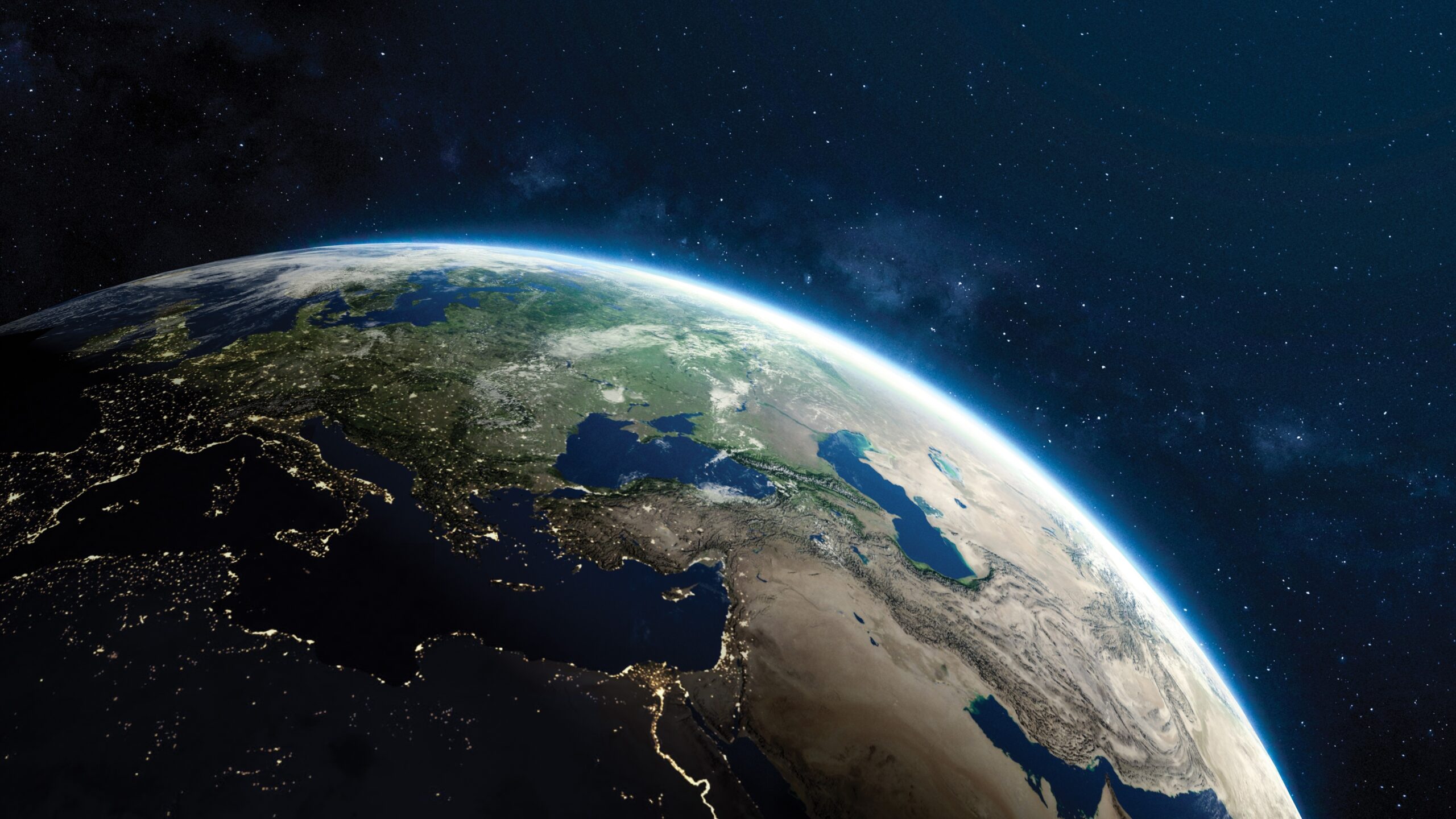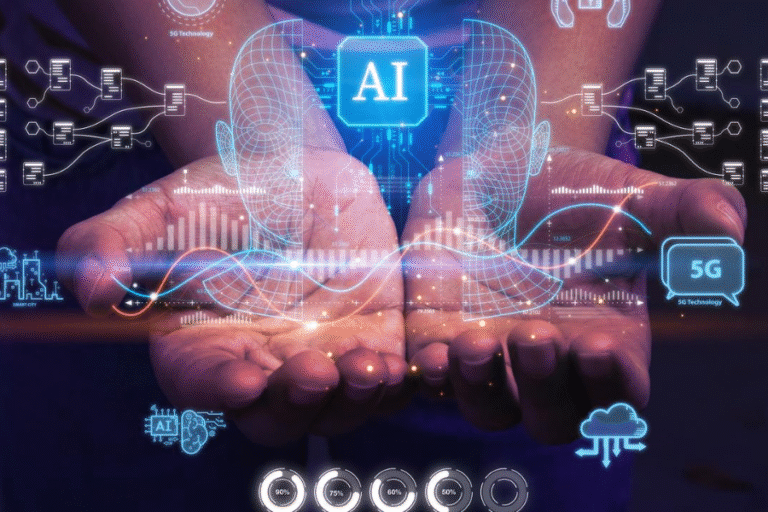How the World Is Changing in 2025: Politics, Climate & Culture
The world in 2025 is not just moving forward; it is undergoing a deep transformation. From the structures of global power to the patterns of daily life, shifts are being felt everywhere. At MakeBoth com, we believe it is essential to go beyond surface-level updates and understand the core trends that are reshaping our collective future.
Politics, climate, and culture are no longer separate categories. They are interwoven forces, driving change across borders, industries, and generations. In this article, we explore how these three areas are evolving in 2025 and what they mean for societies around the world.
Political Power Is Being Redefined
The political landscape in 2025 is marked by fragmentation and realignment. Traditional systems are being questioned. Institutions once considered stable are now under strain. But amidst this instability, new forms of participation and leadership are emerging.
Rise of Decentralized Governance
More communities are pushing for local control and self-determination. From indigenous groups in Latin America demanding sovereignty to cities in Europe declaring climate emergencies independently of national governments, decentralized power is gaining traction.
This shift reflects a deeper distrust in centralized leadership. Citizens want leaders who are closer to their lived realities. Digital tools are accelerating this trend by enabling community-led budgeting, local referendums, and public policy feedback in real time.
Youth-Led Political Momentum
Across continents, young people are no longer waiting for older generations to hand over control. They are stepping into leadership positions, launching parties, and influencing policy. In countries like Finland, Ghana, and New Zealand, youth-backed coalitions are shaping national dialogue on education, sustainability, and labor rights.
Social media continues to play a key role in organizing protests, petitions, and fundraising campaigns. But now, the digital momentum is being turned into actual political power, with youth candidates winning elections and holding officials accountable.
Global Polarization and New Alliances
The global order is also shifting. Alliances once thought permanent are being questioned. Some countries are turning inward, driven by nationalism and protectionism. Others are forming new regional blocs focused on trade, climate, or technology.
This realignment is both a threat and an opportunity. While polarization creates division, new partnerships can create flexible, purpose-driven networks better suited to solving modern challenges.
Climate Change Is No Longer a Future Issue
By 2025, the climate crisis is not something people prepare for. It is something people live through. Floods, droughts, and extreme heat events are no longer seasonal anomalies. They are part of daily life in many regions. But alongside the damage, innovation and adaptation are also accelerating.
Climate Migration Increases
Rising sea levels and extreme weather are pushing communities to move. Countries such as Bangladesh, the Philippines, and parts of sub-Saharan Africa are seeing growing numbers of internal climate refugees. In wealthier countries, coastal cities are developing new policies to either fortify their borders or relocate vulnerable neighborhoods.
This form of displacement challenges old ideas about borders, citizenship, and infrastructure planning. Climate migration is expected to be one of the defining humanitarian issues of the next decade.
Corporate Climate Responsibility Grows
In response to both public pressure and market demand, many corporations are shifting from greenwashing to genuine sustainability. Major global brands are investing in circular economies, low-emission logistics, and nature-positive operations.
But critics argue that voluntary action is not enough. As a result, more governments are introducing climate accountability legislation that links emissions reporting to financial penalties or incentives.
Local Solutions Lead the Way
While international agreements remain slow, local initiatives are leading real change. Community-owned wind farms, regenerative farming cooperatives, and reforestation projects led by youth movements are becoming more common. These grassroots models offer not only climate solutions but also economic empowerment.
Culture Is Expanding Beyond Borders
Culture in 2025 is more dynamic, hybrid, and participatory than ever before. With the growth of digital connectivity, people are sharing ideas, art, language, and lifestyles across geographies and generations. But this cultural explosion also brings challenges around identity, ownership, and representation.
The Digital Creator Economy Expands
Creators now drive global narratives as much as traditional media. From dancers in Nigeria setting global trends on video platforms to podcasters in Brazil reaching international audiences, digital creativity is a powerful force.
What sets 2025 apart is that creators are now organizing for rights. Creator unions, fair pay campaigns, and algorithm transparency demands are gaining strength. People are not just producing content. They are demanding that platforms treat them as workers, not just users.
Reclaiming Cultural Heritage
Around the world, there is a renewed effort to protect and promote indigenous, minority, and local cultures. Museums are returning stolen artifacts. Countries are recognizing native languages in education systems. Young people are reviving traditional music, dress, and storytelling through digital platforms.
This cultural revival is not about nostalgia. It is about agency. It challenges the narrative that modernity requires leaving heritage behind.
New Norms in Entertainment and Media
Entertainment is becoming more inclusive, global, and interactive. Stories from previously marginalized communities are finding larger platforms. Films, books, and series from Asia, Africa, and Latin America are reaching global streaming platforms without needing Western adaptation.
At the same time, audiences are demanding more from creators. Representation, ethics, and accountability matter. Entertainment is no longer just about escape. It is also about education, reflection, and transformation.
The Role of Technology in These Shifts
Technology underpins much of the change in politics, climate response, and culture. Artificial intelligence, blockchain, and virtual reality are no longer experimental. They are now tools being used for governance, activism, and art.
But with these tools come questions. Who controls the code? Whose data is being used? Who benefits from innovation? These are no longer tech questions. They are ethical, legal, and human questions.
As governments introduce new digital rights frameworks and citizens learn to navigate an AI-integrated society, technology becomes not just a medium but a terrain of political and cultural struggle.
Final Thoughts:
The world in 2025 is complex, fast, and interconnected. Change is not always visible in breaking news. Often, it is felt slowly—in community meetings, creative spaces, and climate fields. But that change is real.
At MakeBoth com, we are committed to highlighting the voices, movements, and events that reflect this transformation. Whether you are a creator, policymaker, student, or everyday citizen, your role in shaping this new world matters.
The challenge is not only to keep up with change but to shape it with intention, compassion, and awareness. Politics, climate, and culture are not separate stories. They are one ongoing human story. And it is being written right now.




